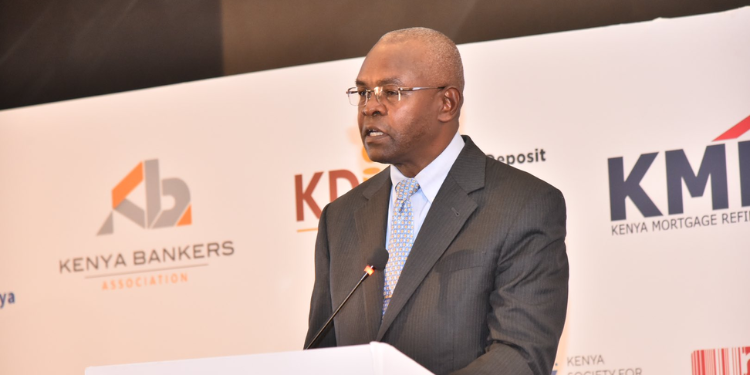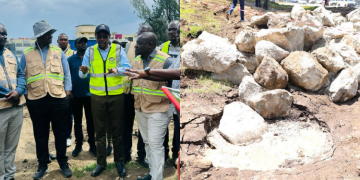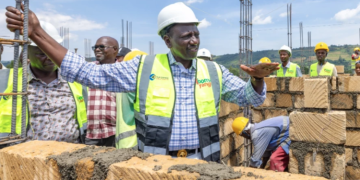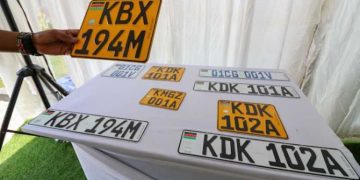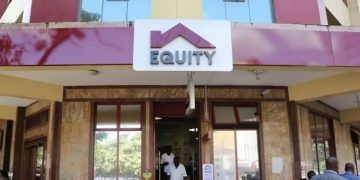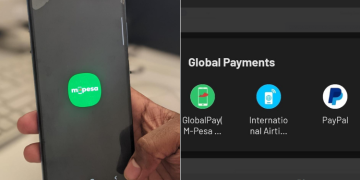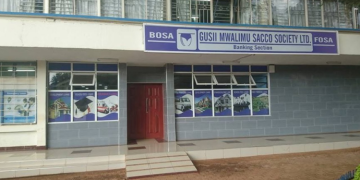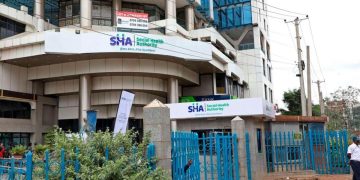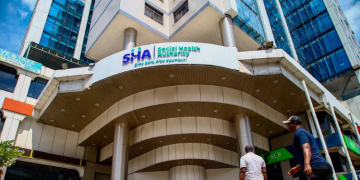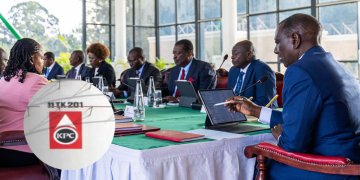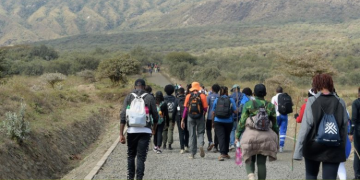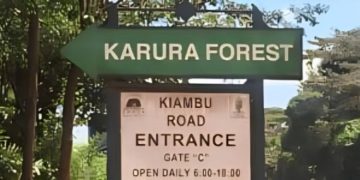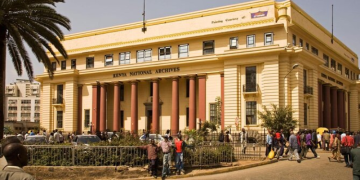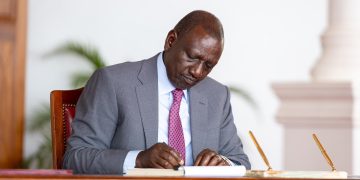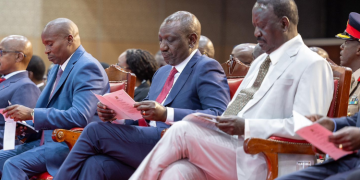The Kenya National Bureau of Statistics (KNBS), in collaboration with the Central Bank of Kenya (CBK) and Financial Sector Deepening Kenya (FSD Kenya), has launched the country’s first-ever Remittances Household Survey (RHS).
The survey is national initiative aimed at capturing the true scale and impact of money sent into and out of Kenyan homes.
Running from July through September 2025, the nationwide survey will gather both qualitative and quantitative data on inward and outward remittances, helping to shape evidence-based policy, improve national statistics, and support the growing remittances ecosystem.
Remittances, whether cash or in-kind, can flow through formal channels like banks, mobile money, and money transfer operators, or through informal routes such as hand-delivery across borders.
According to a joint public notice, the RHS will document these methods while also assessing costs, usage, challenges, and socio-economic effects on households.
Also Read: CBK to Launch Mobile-First Bond Market Platform for Kenyans
Objectives of the 2025 Remittances Household Survey
The key objectives for the survey include:
- Collect information on the amount of inward and outward remittances in cash and in-kind/non-cash.
- Establish the channels for remitting the transfers, the costs incurred, and the challenges faced.
- Establish the uses of remittances received to estimate the impact on the livelihood of the recipients.
- The difficulties encountered in sending or receiving money or in-kind/non-cash transfers.
- Provide policy recommendations for improving the remittances market in Kenya.
Selected households across Kenya will be visited by trained RHS field officers who will carry official identification.
Participation is mandatory under the Statistics Act, CAP 112, and respondents are assured that their information will remain strictly confidential and used only for statistical purposes.
“All the information provided will be treated with utmost confidentiality and will only be used for statistical purposes,” the agencies assure.
The results of the survey will be published in aggregated form on the KNBS, CBK, and FSD Kenya websites upon completion.
The organizing institutions urge all selected households to fully support the effort.
Survey on Credit Cost Platform
Barely a month ago, CBK launched a nationwide survey to gather feedback on the usability and effectiveness of its Total Cost of Credit (TCC) website, a digital platform designed to promote transparency in the lending market.
Also Read: Governor Thugge Outlines Limits of CBK Power Over County Finances
In a press release on July 29, CBK called on members of the public, including customers of commercial banks, microfinance institutions, and mortgage finance companies to participate in the survey.
Developed in partnership with the Kenya Bankers Association (KBA), the TCC website was launched in June 2017 as a tool to help borrowers understand the full cost of credit before taking loans.
It enables users to compare loan products from different financial institutions.
While the platform has played a critical role in promoting financial literacy and informed borrowing, CBK admitted that it has not kept up with the evolving financial landscape.
“With increased transparency for banking products, the website has not kept up with the evolving financial landscape, hence prompting the need to revamp the platform,” the statement read.
The new survey aimed to assess how customers interact with the website, identify areas for improvement, and determine how it can better serve its purpose in a changing economic environment.
Follow our WhatsApp Channel and X Account for real-time news updates.
